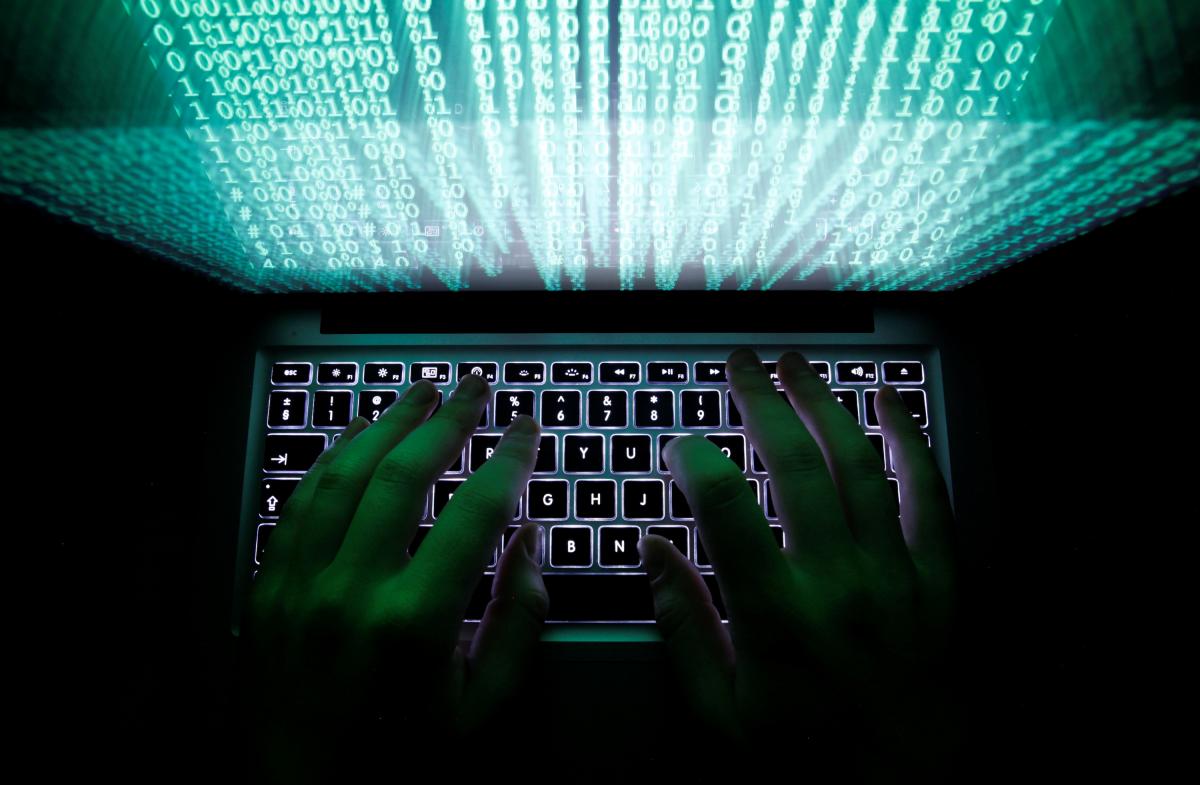
Last July, U.S. President Donald Trump made the phone call to Ukraine asking the president of Ukraine to investigate a mysterious Democratic National Committee computer server that Mr. Trump said was hidden in Ukraine.
CBS News has found that odd request is a story that has grown over the years and was influenced by Moscow.
The Russian attack on the 2016 election included hacking the computers of the Democratic National Committee. U.S. intelligence agencies found, "…the Russian government aspired to help President-elect Trump's election chances when possible by discrediting Secretary Clinton…" Former deputy national intelligence officer and CIA Russia analyst, Andrea Kendall-Taylor worked on that report.
"The report itself was based on a large body of evidence that demonstrated not only what Russia was doing, but also its intent," Kendall-Taylor said. "And it's based on a number of different sources, collected human intelligence, technical intelligence."
Read alsoTop U.S. diplomat: no evidence Ukraine meddled in 2016 U.S. election – Reuters
Kendall-Taylor said the evidence is convincing and it isn't a close call. "If you read the intelligence report, it's the consensus view of three intelligence agencies; CIA, NSA and the FBI," Kendall-Taylor said.
The same conclusion was reached by the Republican-led Senate Select Committee on Intelligence. The committee's report on Russia interference was unanimously approved by all of its Democratic and Republican members.
"The Russian project was a top down, government-run covert operation that hacked into the DNC and individuals' personal emails, and weaponized that information to release it at the most important times," committee vice-chairman Democrat Mark Warner said.
But the idea that the Trump campaign was helped by Russia, even unwittingly, was a unanimous judgment Mr. Trump would not accept.
Trump began a campaign to discredit the intelligence community's conclusions. He tweeted, "So how and why are they so sure about hacking if they never even requested an examination of the computer servers?" In Mr. Trump's telling, the FBI failed to look for evidence on the Democrats' computer network. The story of the mystery server was born.
Robert Johnston dealt directly with the FBI as an investigator of the DNC hack for CrowdStrike, a leading cyber security company hired by the Democrats. He told us the FBI didn't physically examine the DNC servers because CrowdStrike gave the bureau copies of the data from the servers.
Read alsoFiona Hill: Ukraine election meddling "fictional narrative" told by Russia
"If there is a server or a computer system of any kind that's involved in the incident you can take an exact bit for bit digital copy of what's on that system. Now that digital copy is just as good as having the real thing," Johnston said.
The FBI used the data to help indict 12 Russian intelligence agents for hacking the DNC. But Mr. Trump's tweets persisted, "Where is the server? I want to know, where is the server? And what is the server saying? With that being said, all I can do is ask the question," Mr Trump said in a press conference while standing alongside President Putin. "My people came to me – Dan Coats came to me and some others – they said they think it's Russia. I have President Putin; he just said it's not Russia. I will say this: I don't see any reason why it would be, but I really do want to see the server."
That statement, letting Russia off the hook, forced President Trump to issue a retraction the next day. Through all of this, Vladimir Putin wasn't just standing idly by. He was working to shift blame away from Russia.
"They're picking up on elements or narratives that already exist in a society and amplifying those narratives that advance Russian interests," said Kendall-Taylor.
The interest of Putin was to drive a wedge between his enemy, Ukraine and Ukraine's most important ally, the United States. "A successful, prosperous, Western-oriented Ukraine provides a direct threat to Putin's hold on power," Kendall-Taylor said. "He can't have a successful Ukraine on his southern border, because then it demonstrates to Russians what is possible."
"The word," that Ukraine was involved in election meddling, was amplified by the Trump's defenders in the impeachment inquiry. They pointed to a 2016 opinion article and social media posts, written by Ukrainians, that were critical of Mr. Trump, as though they were equivalent to Russia's covert campaign targeting U.S. computer networks, voting systems and social media. Fiona Hill, Mr. Trump's former senior director for Russia on the National Security Council, warned the committee.
"Some of you on this committee appear to believe that Russia and its security services did not conduct a campaign against our country - and that, perhaps, somehow, for some reason, Ukraine did," Hill said. "This is a fictional narrative that has been perpetrated and propagated by the Russian security services themselves."
"What are the chances that this whispering campaign about a Democratic National Committee server in Ukraine is actually a Russian intelligence operation, a Russian disinformation operation?" Pelley asked Bill Taylor, a former chief of U.S. embassy in Ukraine.
Read alsoNYT: Charges of Ukrainian meddling? A Russian operation, U.S. intelligence says
"The Russians are very good at that," Taylor said. "It's these fake stories that they have propagated. And that's what they do. They do it pretty well. We have to be on guard against that."
From Vladimir Putin's perspective it worked. Last November, as impeachment played out and America's next election season was underway, he said, at a forum, "Thank God no one is accusing us of interfering in the U.S. elections anymore; now they're accusing Ukraine."
CBS News reached out to the White House multiple times on this story, but they did not respond.

